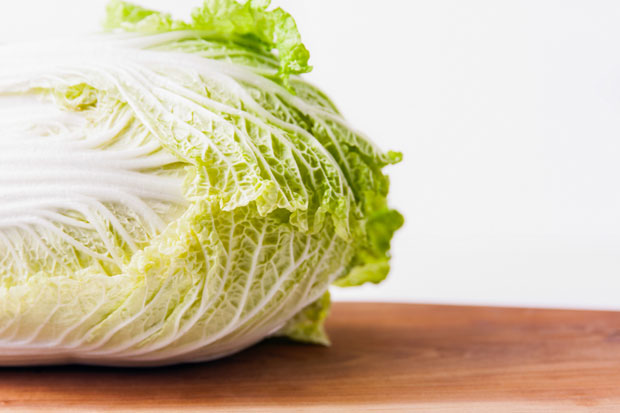Food
September 14, 2015
Trending Now: Fermented Vegetables

From specialty grocery stores to the menus of hip eateries, fermented foods and drinks like kimchi, sauerkraut and kombucha are having a moment. These “it” foods not only delight the palette with their complex flavors and interesting textures, they contain “good” bacteria that aids in digestion.
We spoke with Rebekka Hutton, urban farmer and owner of Alchemy Pickle Company in Toronto (side note: she’s filled over 10,000 jars of delicious sauerkraut, beets and kimchi), to give us the facts on fermenting your own vegetables at home.
What: Fermented Vegetables
“Fermentation is a low-input form of food preservation that happens to increase the food’s nutritional value and flavour,” says Rebekka.
Why?
“I think the reason fermented foods are so trendy right now is people want to reduce their intake of industrially processed foods and get back to basics – they want to know more about where their food came from, how it was grown, or who prepared it.”
Rebekka uses old-school fermentation methods that rely on unrefined sea salt to create her popular food products, from sour cucumbers to preserved meyer lemons to fermented hot sauce.
Try It At Home
Rebekka recommends starting simple with sauerkraut, which is essentially, “chopped or shredded cabbage mixed with sea salt and packed into a jar or crock with a weight on top.” For a simple Sauerkraut recipe, click here.
A few pointers to keep in mind: make sure that your vegetables are fresh, and that you’ve used the correct amount of unrefined salt. Other simple at-home fermentation combinations that are great for beginners include green beans and carrots with garlic, dill and spices, or hot peppers and garlic. Store your fermented goods in the fridge for up to three months to keep them tasting their best.

